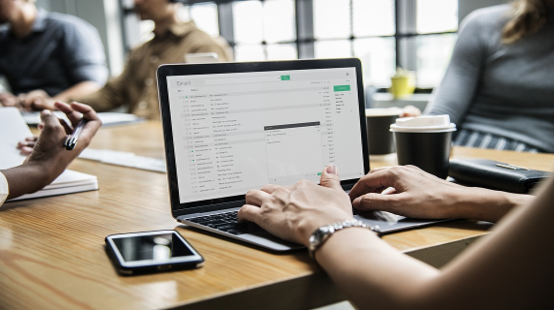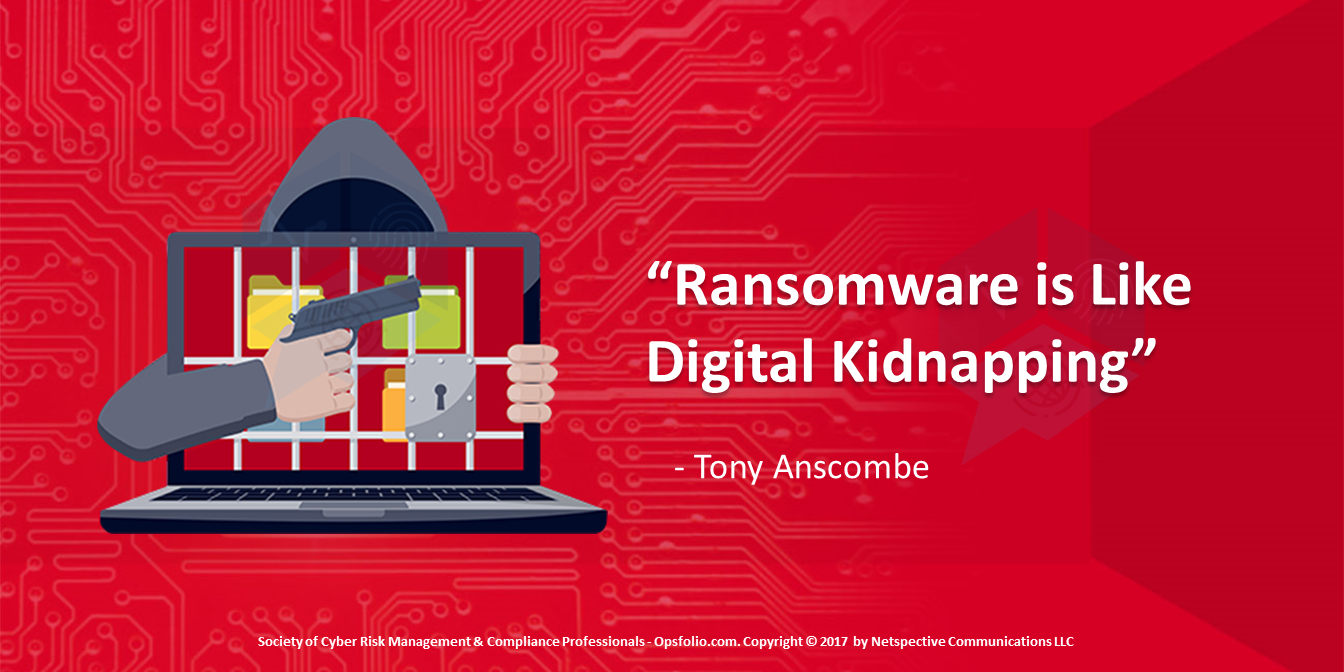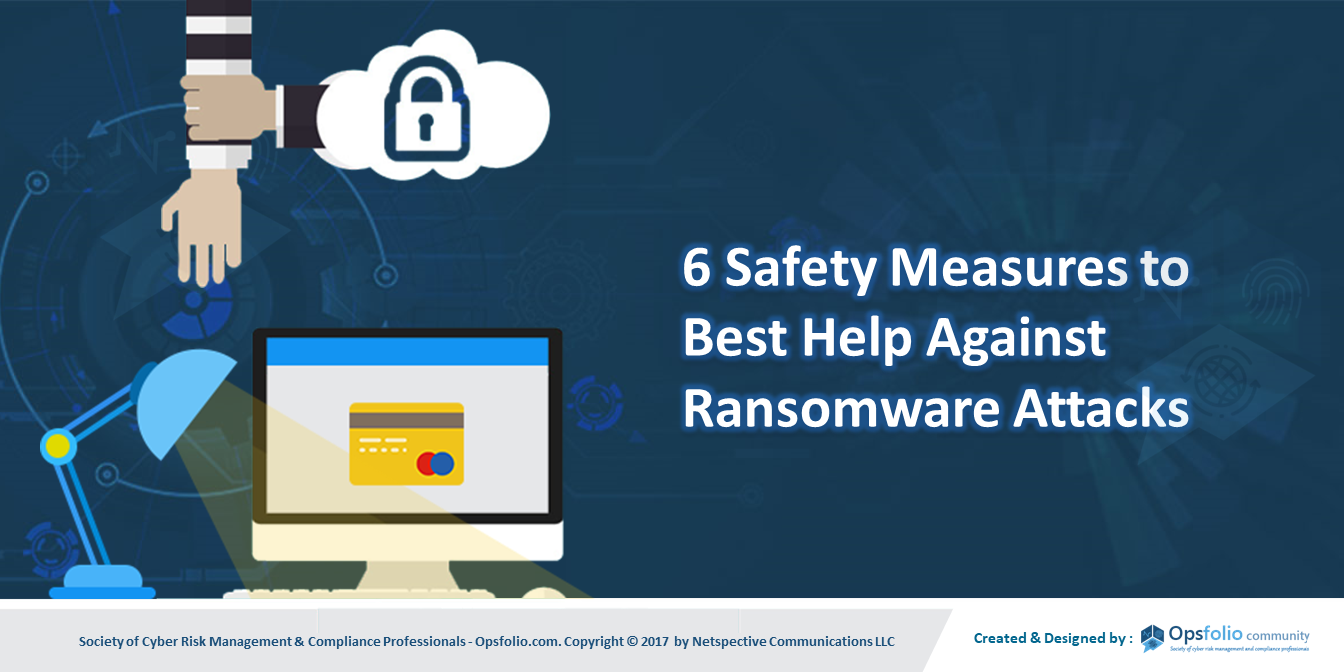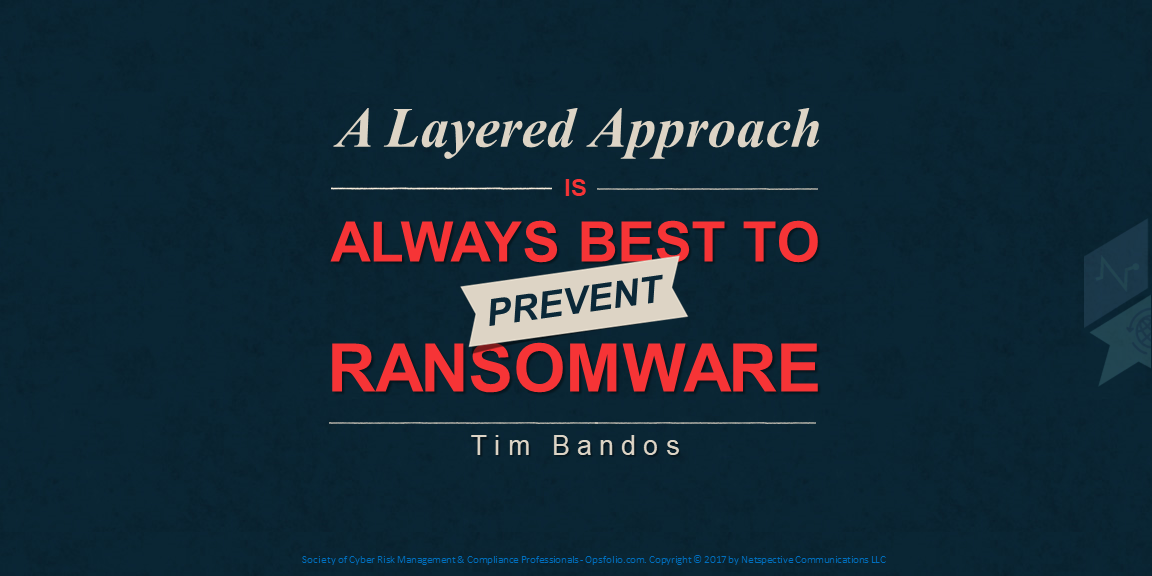· Opsfolio Community · ransomware · 4 min read
How to improve your email security
Cyber hygiene has often been compared to personal hygiene. It is said that just like a person engages in good personal hygiene practices to ensure his overall wellbeing, cyber hygiene practices can also result in well-protected data. The safety of the data can also be guaranteed.

Cyber hygiene has often been compared to personal hygiene. It is said that just like a person engages in good personal hygiene practices to ensure his overall wellbeing, cyber hygiene practices can also result in well-protected data. The safety of the data can also be guaranteed.
Cyber hygiene can be defined as the steps and practices that computers and other devices users engage in, in the improvement of online security and in the maintenance of system health. Just like personal hygiene, cyber hygiene should also be conducted regularly in order to keep off common threats. Poor cyber hygiene can result in misplaced data, loss of data, security breach and such malware.
The email has been the primary communication tool that has been in use in the modern business world in the past decade, healthcare organizations being no exception. Although emails are considered easy, simple and quite effective, they also pose a great threat to organizations as they are the primary source of spam and malware.
Inadequate email security can have negative effects such as; compromised data, loss of privacy and even untrustworthy reputation. However, there are several ways in which organizations can secure their emails;
Encryption
By having an end to end encryption, the user’s communication is usually secured and while the message is in transit, it cannot be intercepted or read by other parties save for the intended recipient. Even though there is a possibility of hackers breaching email security even after encryption, the chances of successfully impacting an attack is greatly reduced.
Strong passwords
The most common way in which hackers use to access email accounts is by guessing passwords and usernames. Strong passwords created through the password generator greatly reduces the risk of hackers accessing the email accounts. In healthcare settings, employees should consider the use of two-factor authentication as a way of boosting their email security.
Avoid clicking on unknown links and images
Clicking unknown links and images can lead to your identity being revealed to the mailing administrator. Some of these links can also contain malware which could end up jeopardizing your security. Therefore, only open links that you are familiar with and ignore the ones that you do not recognize.
Email client health checks
Making mandatory checks on the email client health can help an organization identify problematic email accounts. Emerging security problems can also be easily identified. This gives the IT team ample time to take corrective actions hence minimizing the risk of cyber-attacks.
Attachments from unknown sender’s
Many hackers often disguise themselves using popular and established companies. By opening attachments sent by these ‘supposed companies ’ could be putting you at a risk. As a matter of fact, nine out of ten viruses and malware found on our computers are usually delivered through email attachments.
Extra care should be taken when opening email attachments from your inbox. This can be done by thoroughly scanning attachments before opening them.
Data loss prevention technologies
Data loss prevention tools can be used to stop cyber thieves who commonly use email accounts to carry out unauthorized transfers of sensitive information. There are also some instances whereby malicious insiders can use their email accounts to share sensitive data files of an organization with other email addresses. The use of data loss prevention technologies can actually not only detect these threats but can also aid in stopping them.
Safe sender’s list
Managing a safe sender’s list is another way to ensure that your emails are secure. Even though the spam filter promises of keeping unwanted spam away from your inbox, the truth of the matter is that it cannot do it forever. It is therefore advisable to only open emails from confirmed contacts.
Finally
Since healthcare has got so much more to lose when it comes to email security than any other industry, it is important to ensure that the health system employees have a clear understanding and can be able to implement the above basic protocols. This will greatly save you from unnecessary consequences such as monetary penalties and reputation harm.





